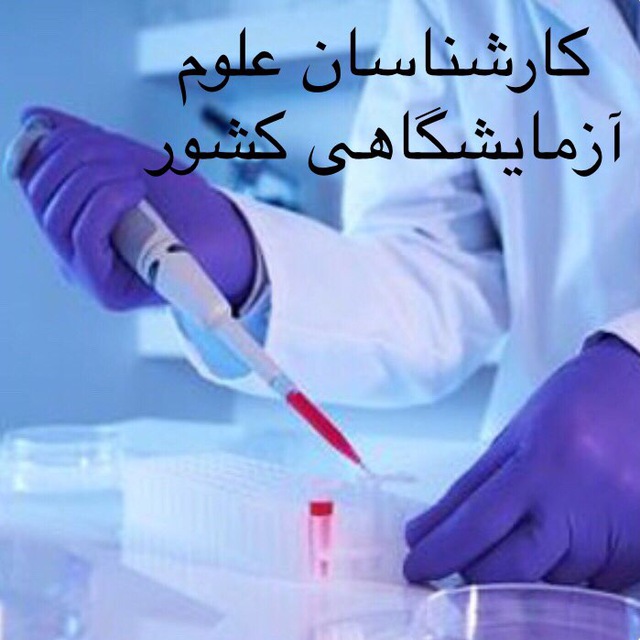What we should know about fatty liver:
Fatty liver has a significant prevalence and many people and patients have many fears, doubts and questions about this disease.
From a scientific point of view, people who have more than five to ten percent of the weight of the liver as fat, have this disease.
Fatty liver is divided into two categories:
1. alcoholic fatty liver;
It is seen in patients and people who consume the forbidden and harmful substance alcohol, and it is related to the amount and duration of its consumption (sometimes it also occurs in short-term consumption of alcohol). Obese people, diabetics and those with high levels of iron have a higher risk of developing alcoholic fatty liver.
2. non-alcoholic fatty liver;
It occurs in obese people, patients with diabetes and people with high blood cholesterol. The use of steroid and anabolic drugs, supplements and self-treatment play a significant role in causing fatty liver.
In pregnant women, due to hormonal changes, there is a possibility of fatty liver, which can even lead to an increase in the possibility of infections, bleeding, and even liver failure. Fatty liver of pregnancy improves significantly within a few weeks after delivery.
Diagnosis of fatty liver:
Fatty liver is often asymptomatic and is identified in periodic examinations and screening.
Blood tests, ultrasound, MRI and even liver sampling when necessary will show fatty liver.
Performing necessary liver tests such as Sgot-Sgpt-Alkph-Ggt
There are four stages of fatty liver, the most common of which is stage 1, where there is only a relative increase in liver fat and it is not dangerous.
Symptoms:
This disease is often asymptomatic, but over time and with an increase in liver fat, it can manifest itself with heartache, anorexia, extreme weakness, nausea, weight loss, decreased concentration and attention, darkening of the skin of the neck and armpits, and dull skin lesions. .
Treatment:
Regular exercise, especially aerobic and endurance sports, and diet are the basis of treatment. Exercise that leads to weight loss and blood sugar and fat can reduce liver fat.
Studies have shown that regular exercise can reduce liver fat even if it does not lead to weight loss!
Patients with fatty liver should avoid consuming saturated fats, sugar, salt, cigarettes and foods containing high carbohydrates such as sweets and rice.
Consumption of fresh fruits and vegetables is highly recommended in fatty liver.
Medicines are used only according to scientific necessity and in a limited amount, which should only be done with the doctor’s prescription.
Although vitamin E (E) as an antioxidant can play a role in the treatment of diseases, its inappropriate and excessive use is extremely harmful.
In general, fatty liver is an easy disease that can be prevented and treated, and double stress regarding this disease is not logical and does not require diagnostic-therapeutic follow-up with short-term intervals.
This post is written by jm30303030
